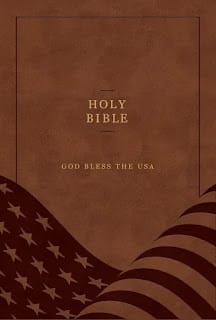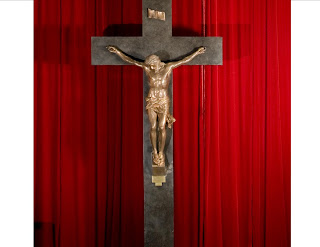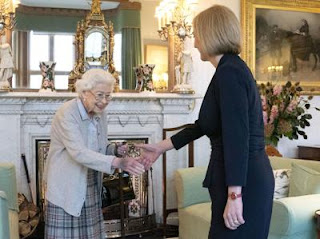Last week, while in Washington for a meeting, one of your former pastors and I were reminiscing about our time together here. And, of course, our recollections inevitably turned to that terrible day 22 years ago, a day still marked in memory, so terrible to remember that it lacks even a name and is known only by its numerical date, 9/11.
Many of us who were here then remember how the sunny serenity of an absolutely beautiful late summer New York City morning was suddenly transformed into an experience of horror beyond anything most of us had ever imagined we’d see so close to home. And how quickly, everything changed! Our country and city were being suddenly and savagely attacked, and we all got to see the ugly face of evil in a way my generation had never really experienced it before.
Soon, even the corner Starbucks shut down, as police barricades went up, closing our street to regular traffic. For days that stretched into weeks, we went around in a daze, past churches and firehouses draped in black, past posted pictures of missing persons who would never be found, staring at the vacant place in the skyline, as military jets patrolled the now grimly gray, but otherwise empty sky. We watched over and over again as TV told and retold the story, punctuated by occasional accounts of heroic courage and poignantly loving final conversations – powerful lessons not just about how to face death, but how to live a life that makes sense.
Today, we still remember – and mourn – those whose lives were wickedly cut short on that day of terror. Our ability to remember one another is one of the things that makes us most distinctly human. When we remember those who have died, we acknowledge our common humanity with them. And we also recognize our continued relationship. Remembering the dead is a fundamental and universal human need, which we neglect at our peril. (Benjamin Franklin is supposed to have said that, to understand a community, one should visit their cemetery.)
From earliest times (and down to today in the Church’s daily prayer and in every Mass), the Church also has honored the memory of the dead and offered prayers on their behalf. St. Monica famously said to her son St. Augustine: “I ask only this of you, that you remember me at the altar of the Lord, wherever you may be.” So, besides being a fundamental and universal human need, remembering the dead is also a religious duty, that expresses our faith and our hope.
Meanwhile, of course, life goes on. The world, with its seemingly intractable social and political problems and conflicts continues to challenge us. We assemble here today, as individuals each bringing his or her own worries, fears, and hopes, and also as citizens collectively concerned for the security of our country, conscious – as world events continue to remind us – of how perilous life can be and how fragile the network of social bonds on which we depend for our survival. But, also and above all, we are assembled here in this holy place, in this our parish church, around this sacred altar as members of the Body of Christ, the one and only Savior of the world, whose own death and resurrection teach us that death no longer has the last word in our world and so challenge us to follow him and so find love in a hate-filled world.
Homily, Saint Paul the Apostle Church, NY, September 11, 2023.





